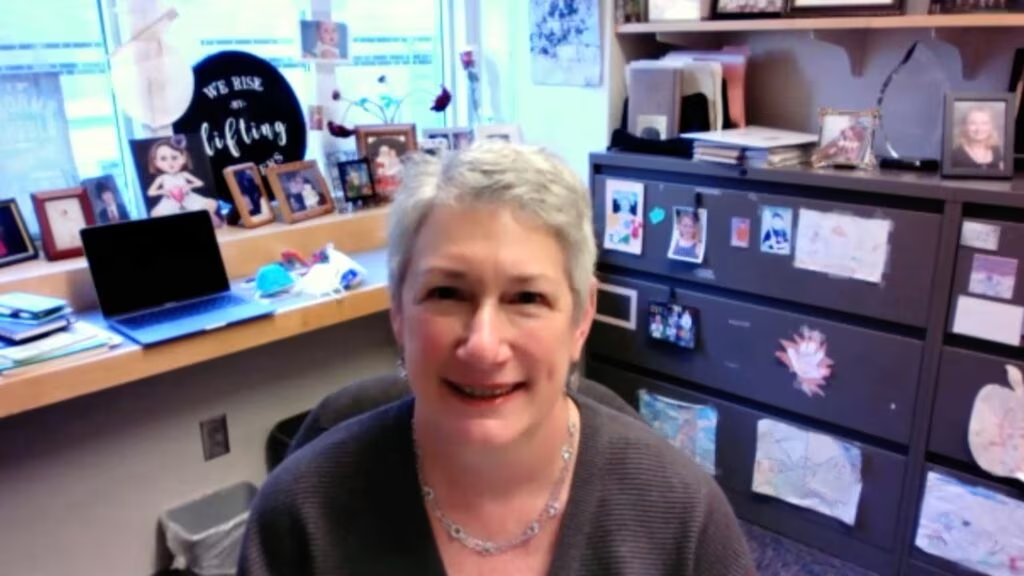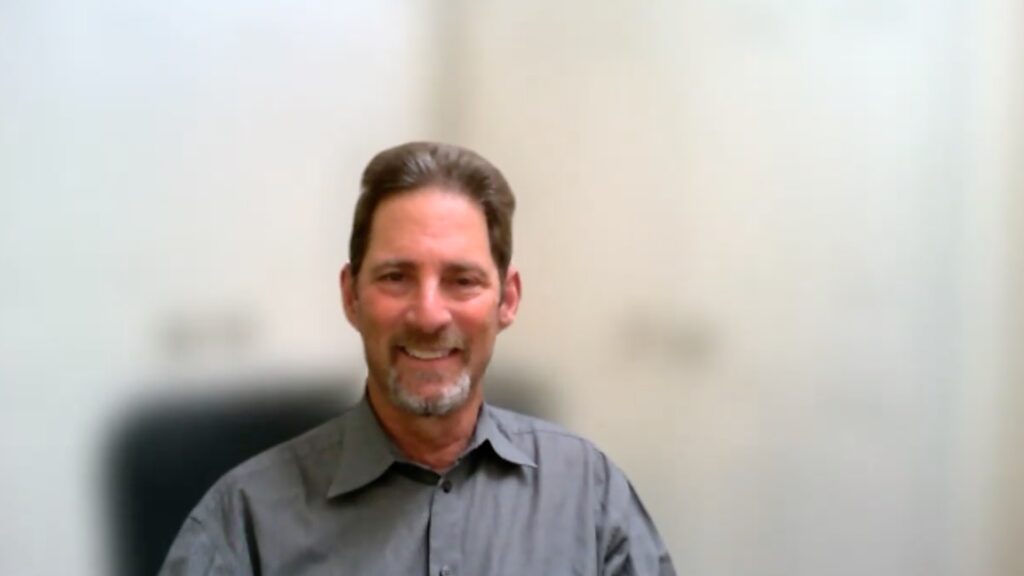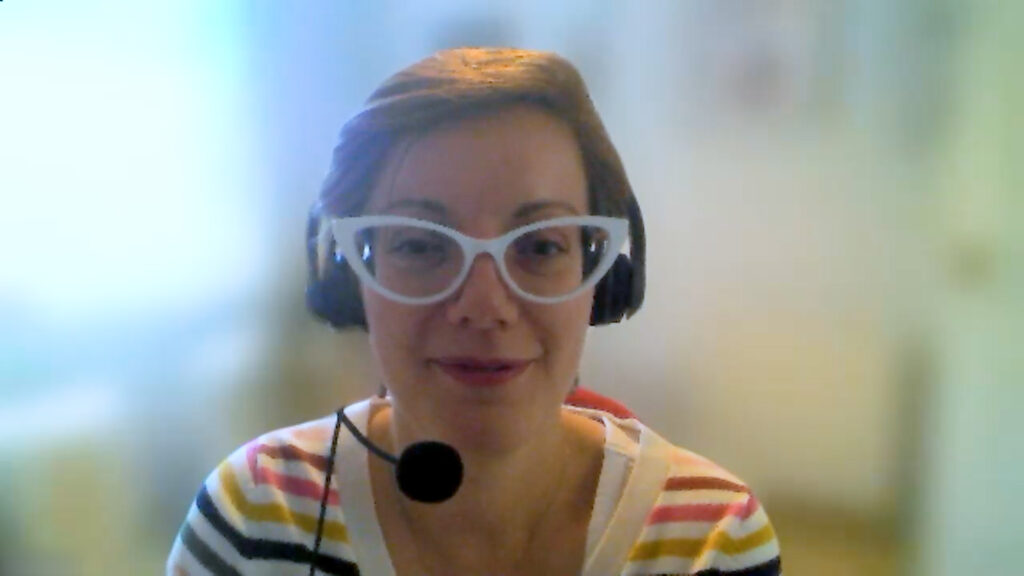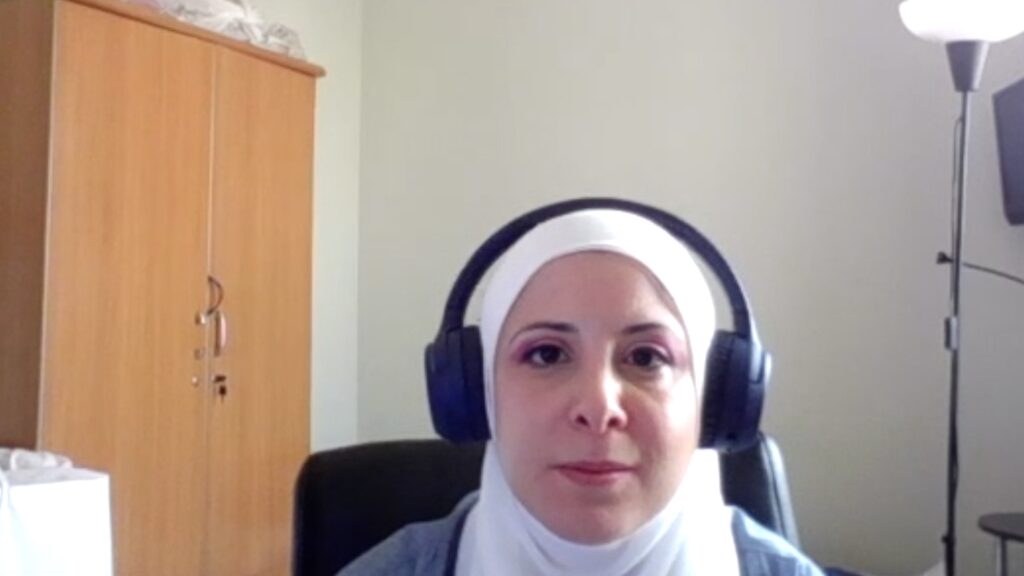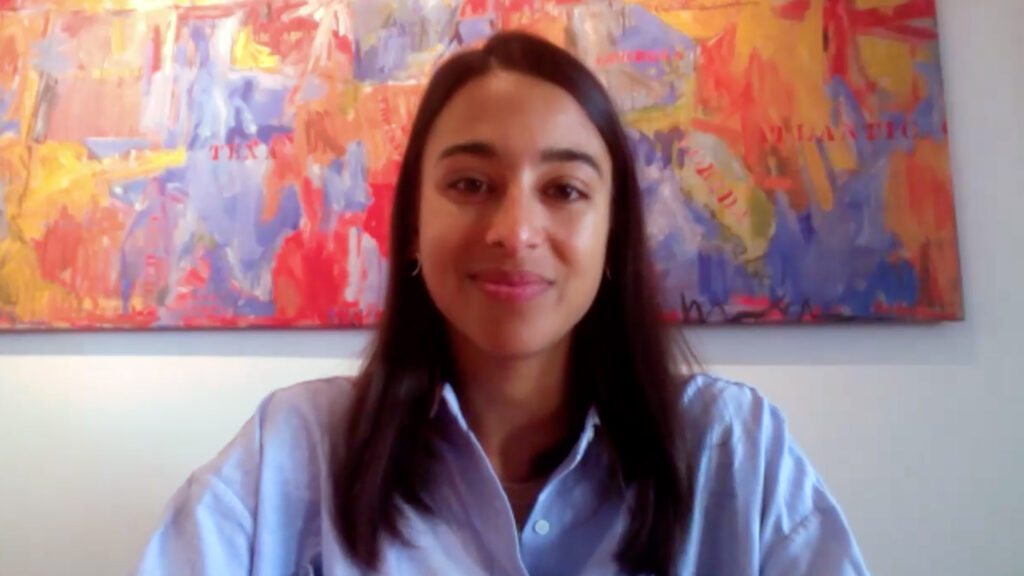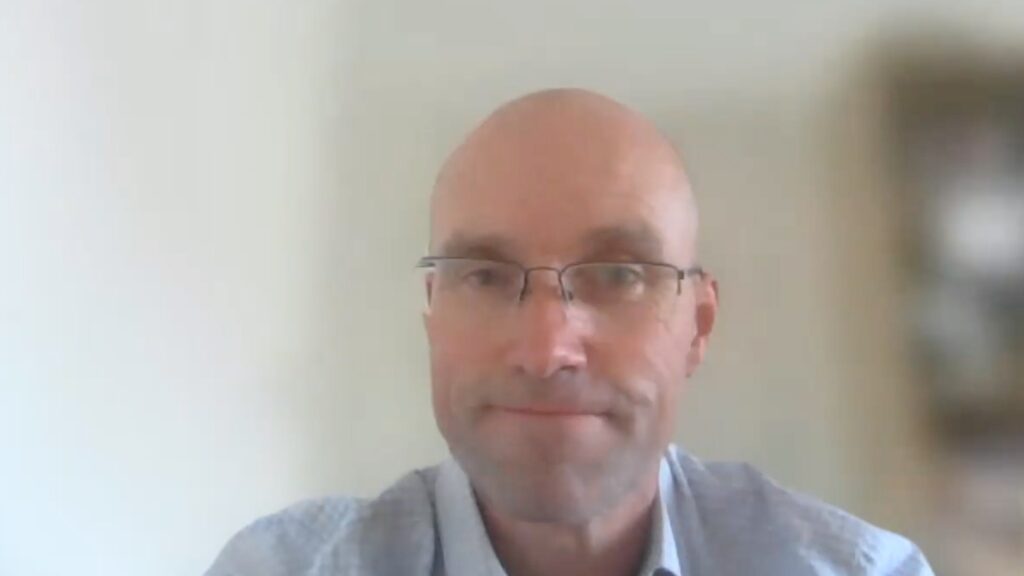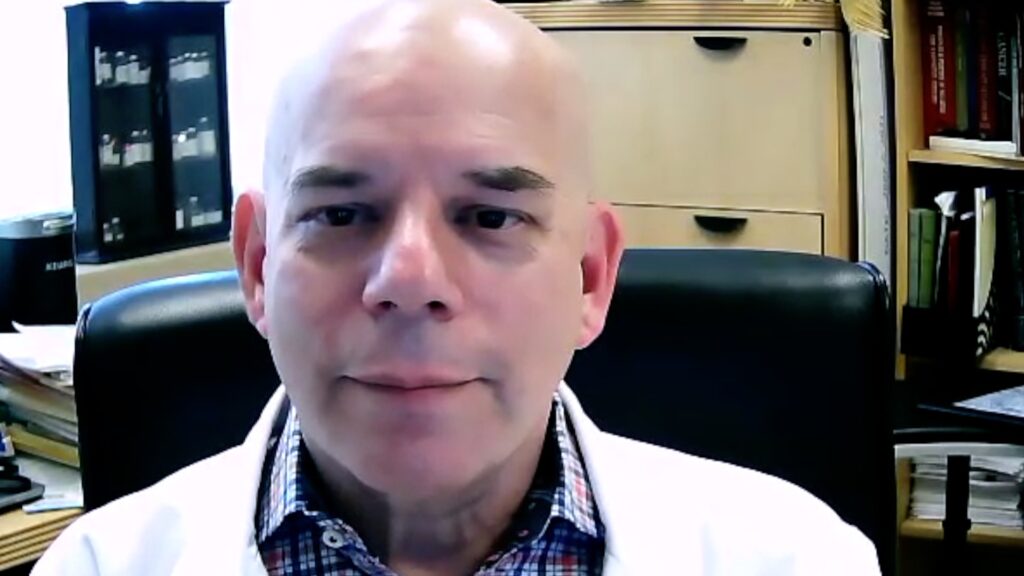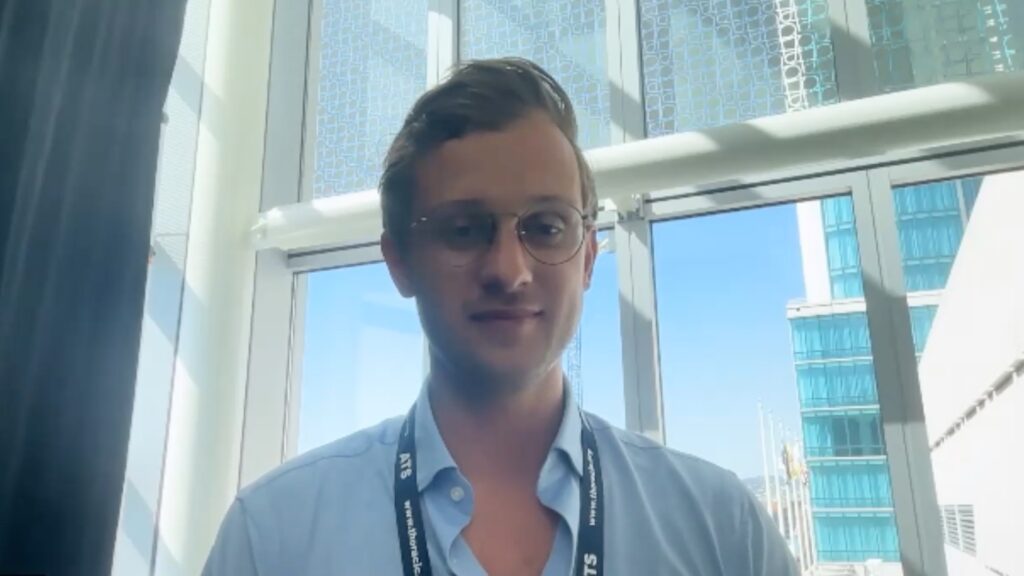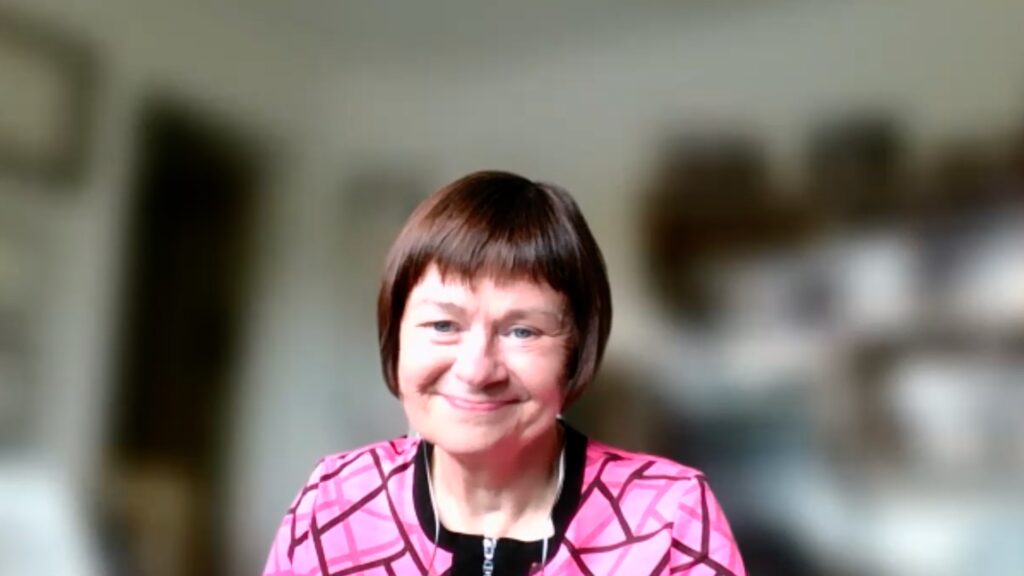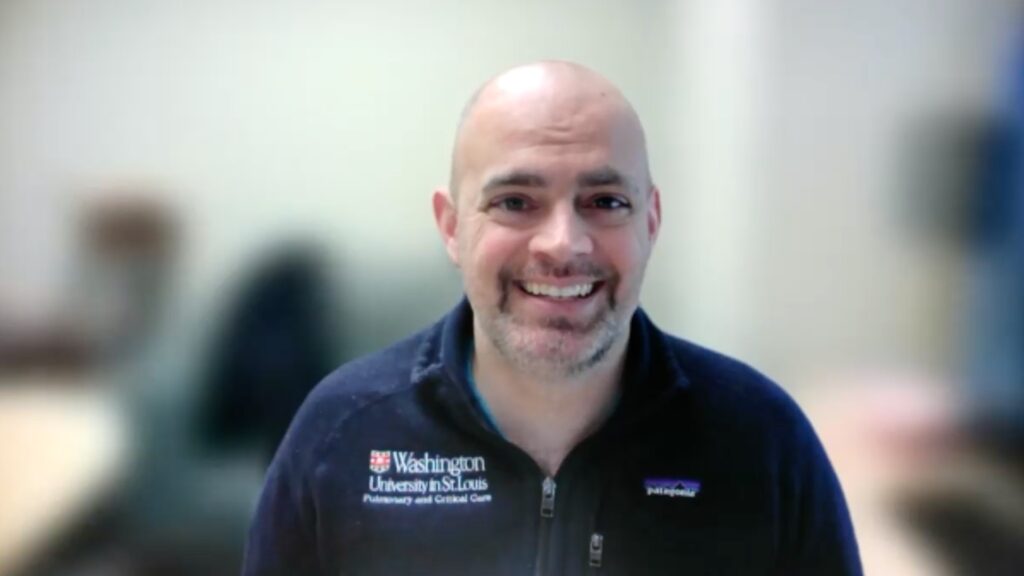
Marina Chiara Garassino is the head of the thoracic oncology unit at the National Cancer Institute of Milan, where her principle area of research is thoracic malignancies (lung cancer, mesothelioma, thymic malignancies). She is principal investigator of several international and national trials, including several independent trials funded within European Program. In 1995, Dr Garassino received her medical degree in medicine from the University of Milan, and in 1999 she achieved her board specialisation in oncology and continued her training in oncology at various European institutions. She is author and co-author of several papers on lung cancer and is in the steering committee of Italian and international trials.
Q. How does lung cancer affect an individual’s susceptibility to COVID-19?
We know that comorbidities are the major factor of risk of deaths. In general, patients with lung cancer also have cardiovascular comorbidities due to the smoking habits may develop pneumonitis in a lung function that is generally already compromised. Therefore they can be potentially more frail and susceptible to the virus than other patients.
Q. How is the COVID-19 outbreak affecting consultations between lung cancer patients and oncologists in Italy?
I think it is very helpful to maintain constant contact with our patients, not to make them feel abandoned and to check if they are well. This is a heavy burden to our workload but it can allow us to monitor situations and infections. We ensure our patients are adequately informed of the situation and the risk of infections. We are also trying to delay follow-up visits and anything we feel is not life threatening where possible. There is not a absolute rule, and we try to decide on a case by case basis. We prioritise the elderly that are at risk of mortality if they have a severe COVID pneumonitis.
Q. What advice should oncologists give to lung cancer patients?
Be prepared. I continue to repeat this everywhere. You must create guidelines in your hospital as soon as possible and train personnel in the use of individual protection dispositives. For patients on immunotherapy, the radiological features of immune mediated pneumonitis is very similar to COVID pneumonitis, and for this reason is important to test these patients because they have two totally different treatments. I also suggest thoroughly checking every case of pneumonitis.
Q. How does infection with COVID-19 affect the treatment plan for lung cancer patients?
We are trying to reduce the presence of patients in the hospitals as much as possible. We are home-delivering all oral drugs after a phone call and checking blood tests. In my opinion, there are some blood tests that must be very carefully observed, like lymphopenia, transaminases, fibrinogen, tryglicerids, lactate dehydrogenase and, most importantly, hypertension. For every three weeks’ treatment we are delaying one week. After one month of war, and after the delays now, we are in a phase of making decisions on what to do. Currently it is a challenge because we have no confirmed answers and our management is based on intuition and common sense. I think it’s very important for a global effort to collect data and release daily information, to ensure we are providing the more effective support at treatment.
Q. How can oncologists prioritise their own self-care?
Isolation, continuous self-protection with adequate dispositives and washing hands. It is important to remember that 50% of COVID-19 carriers will be asymptomatic, and try to segregate cases and contacts if you can. There is also one app able to trace contacts, which is freely downloadable. I practice mindfulness, and suggest that all sufferers to find time for mind and body recover. It is going to take time for the world to heal from this pandemic, and we must be resilient.
And finally, my country is still great. Our public health system was not prepared for this, but with donations we have been able to treat thousands patients in intensive care. Italians are resilient and generous, we continue to sing from our balconies hoping the end is near. Our economy has been destroyed by COVID-19, but I hope that when everything is finished you will visit us.
Support: Developed and funded by Touch Medical Media
Published: 23 March 2020


